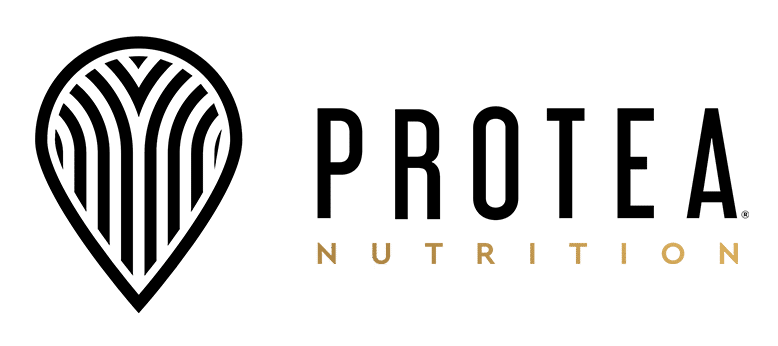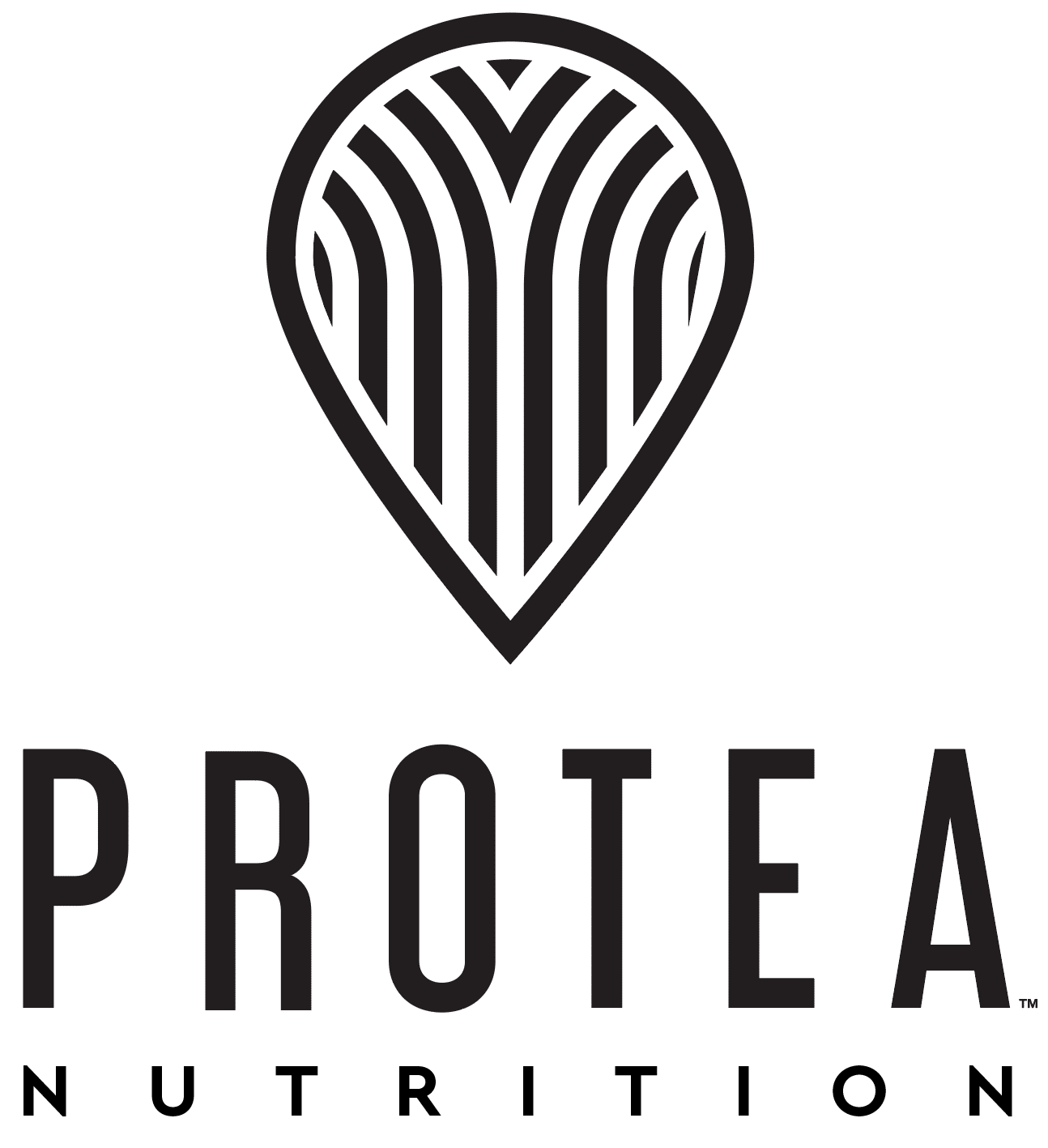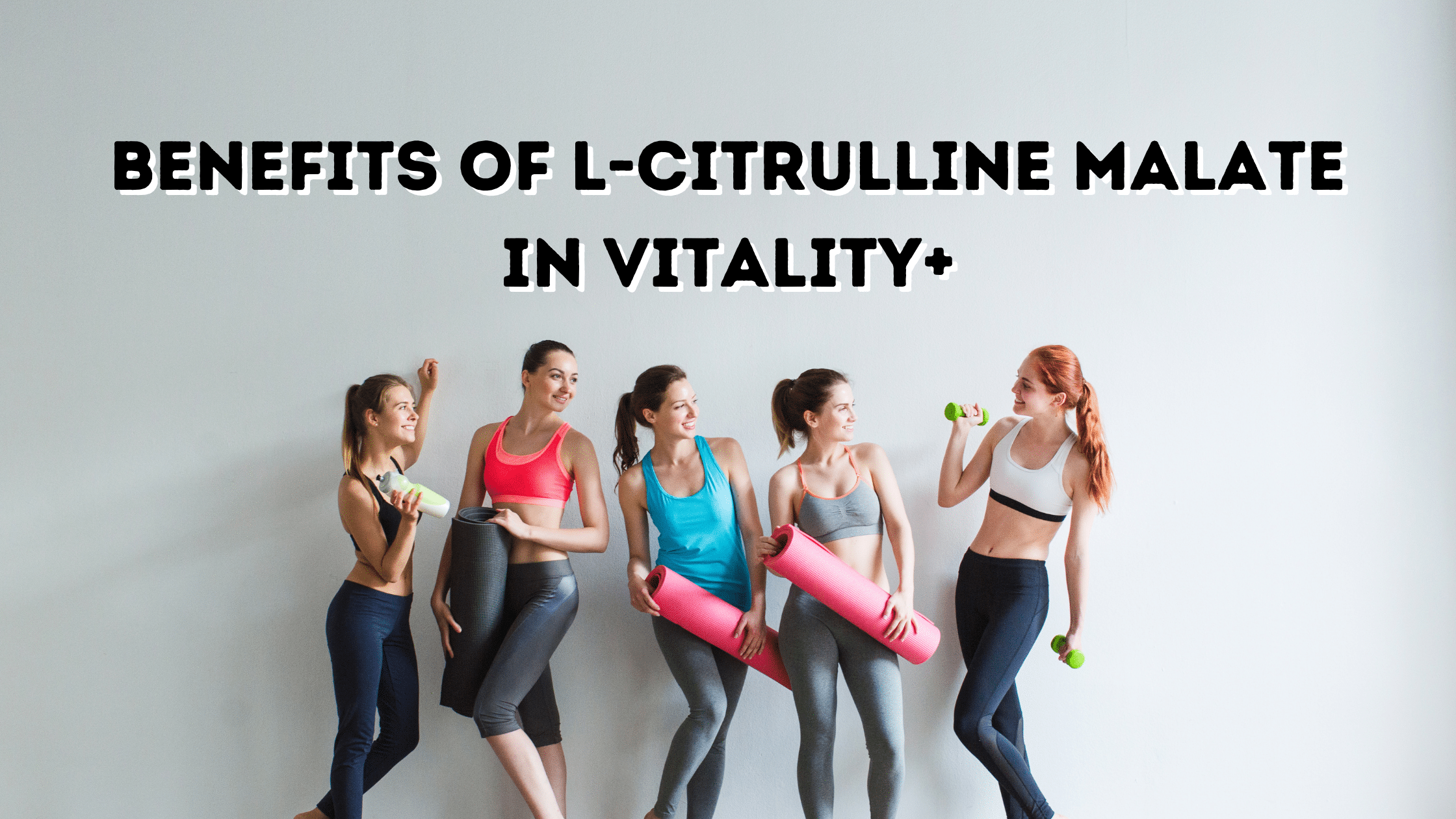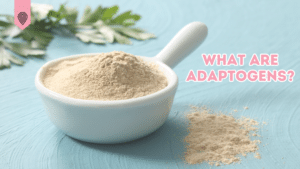What is L-citrulline malate?
It is a unique combo of the non essential amino acid L-citrulline and malic acid. L-citrulline is commonly found in watermelons. Malate gets its name from the latin word “apple”.
There are a couple of ways you can get L-citrulline: through your diet and naturally from your body through a process called the urea cycle.

The urea cycle is a biochemical process that helps the body excrete ammonia (a waste product of protein once digested). During this phase of nitrogen disposal citrulline creates more arginine which is known to help create larger volumes of nitric oxide. It’s important to note that consuming arginine directly isn’t as effective due to digestive enzymes in the gut that neutralize arginine before it can be put to use. Citrulline malate supplements help raise ornithine and arginine plasma which enhances the urea process and nitric oxide synthesis.
Several studies have reported that L-citrulline supplementation can enhance exercise performance and recovery.
According to one study from NCBI, “l-citrulline is not quantitatively extracted from the gastrointestinal tract (i.e., enterocytes) or liver and its supplementation is therefore more effective at increasing l-arginine levels and NO synthesis. Supplementation with l-citrulline has shown promise as a blood pressure lowering intervention (both resting and stress-induced) in adults with pre-/hypertension, with pre-clinical (animal) evidence for atherogenic-endothelial protection. Preliminary evidence is also available for l-citrulline-induced benefits to muscle and metabolic health (via vascular and non-vascular pathways) in susceptible/older populations.”
A few key benefits of supplementing with citrulline malate include:
1. Enhances nitric oxide (NO) production
NO is a vasodilator. This means it causes blood vessels to widen which increases blood flow and circulation without increasing blood pressure. This means improved muscle repair, faster recovery, and improved nutrient transportation to muscles in need.
2. Improved strength gains
A 2019 meta-analysis published in Sports Medicine indicated improved strength outcomes across a wide range of studies. Potential mechanisms include improved ammonia removal, improved energetics through increased malic acid, and improved recovery due to increased blood flow enhanced by nitric oxide.

3. Improved muscle recovery & reduced muscle soreness
Muscle soreness can hinder a training program and it can be quite uncomfortable especially in the day or two that follows a workout. Citrulline malate has been shown to reduce this soreness after a workout.
In a study conducted at the University of Córdoba, Spain, and published in The Journal of Strength and Conditioning Research, lifters who took 8 grams of citrulline malate during bench press workouts showed a 40 percent reduction in muscle soreness—both at 24 and 48 hours—over lifters who didn’t take citrulline malate.
4. Can help reduce muscle fatigue & improve endurance
By promoting increased aerobic energy, citrulline malate can help delay muscle fatigue. In a study published in the British Journal of Sports Medicine, 6 grams of citrulline malate, taken daily, reduced muscle fatigue by sparking a 34 percent increase in oxidative ATP production during exercise. The same study found a 20 percent increase in phosphocreatine recovery after exercise, indicating a greater oxidative ATP synthesis contributing to energy production.
As you can see, adding citrulline malate to our Vitality+ pre-workout was a no brainer. Citrulline malate supplementation can result in greater training volume, improved endurance and strength as well as increased athletic performance over time.
*These statements in this blog have not been evaluated by the Food and Drug Administration. This product is not intended to diagnose, treat, cure, or prevent any disease.






